Historical Events
Exploring Different Time Periods and Historical Events
Ancient Times
Ancient times refer to the period before the Middle Ages, spanning from the dawn of civilization to around the 5th century AD. This era saw the rise of great empires like the Egyptians, Greeks, and Romans, as well as significant advancements in art, architecture, and philosophy.
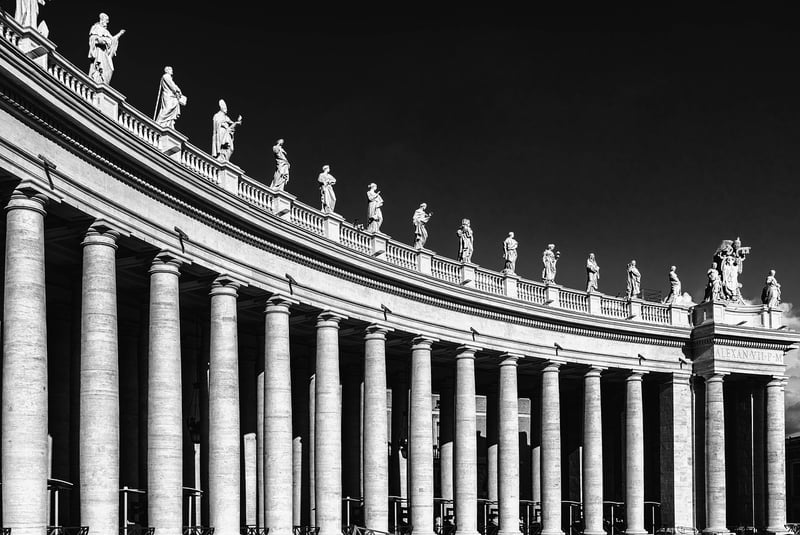
The Middle Ages
The Middle Ages, also known as the Medieval period, lasted from the 5th to the 15th century. This era was characterized by feudalism, the rise of Christianity, and iconic figures like King Arthur and Joan of Arc.
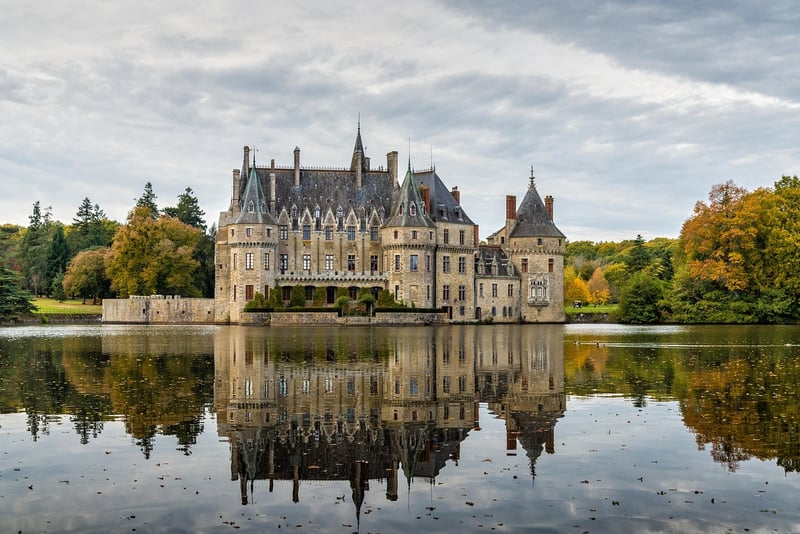
The Renaissance
The Renaissance, spanning from the 14th to the 17th century, was a time of rebirth in arts, culture, and science. It gave birth to geniuses like Leonardo da Vinci, Michelangelo, and Galileo, leading to groundbreaking discoveries and artistic masterpieces.
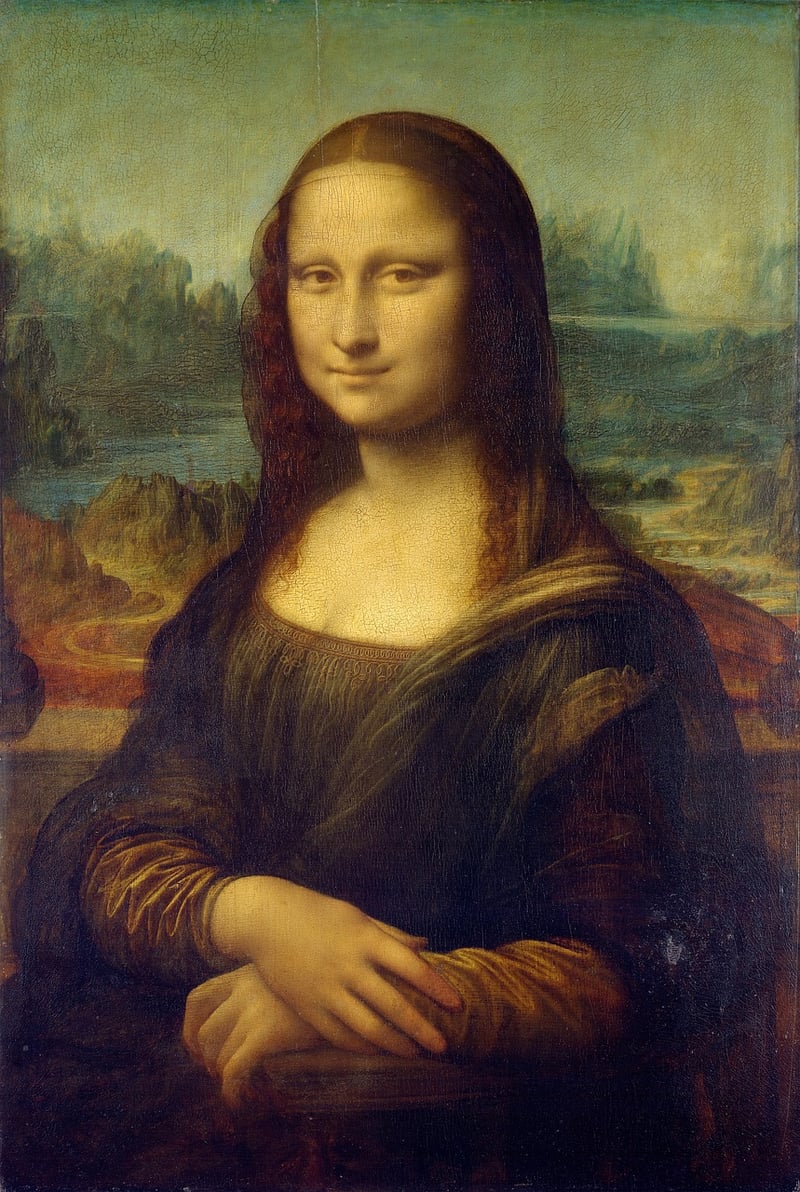
The Age of Exploration
The Age of Exploration, from the 15th to the 17th century, was marked by European exploration and colonization of new lands. Explorers like Christopher Columbus, Vasco da Gama, and Ferdinand Magellan undertook daring voyages that reshaped the world map.
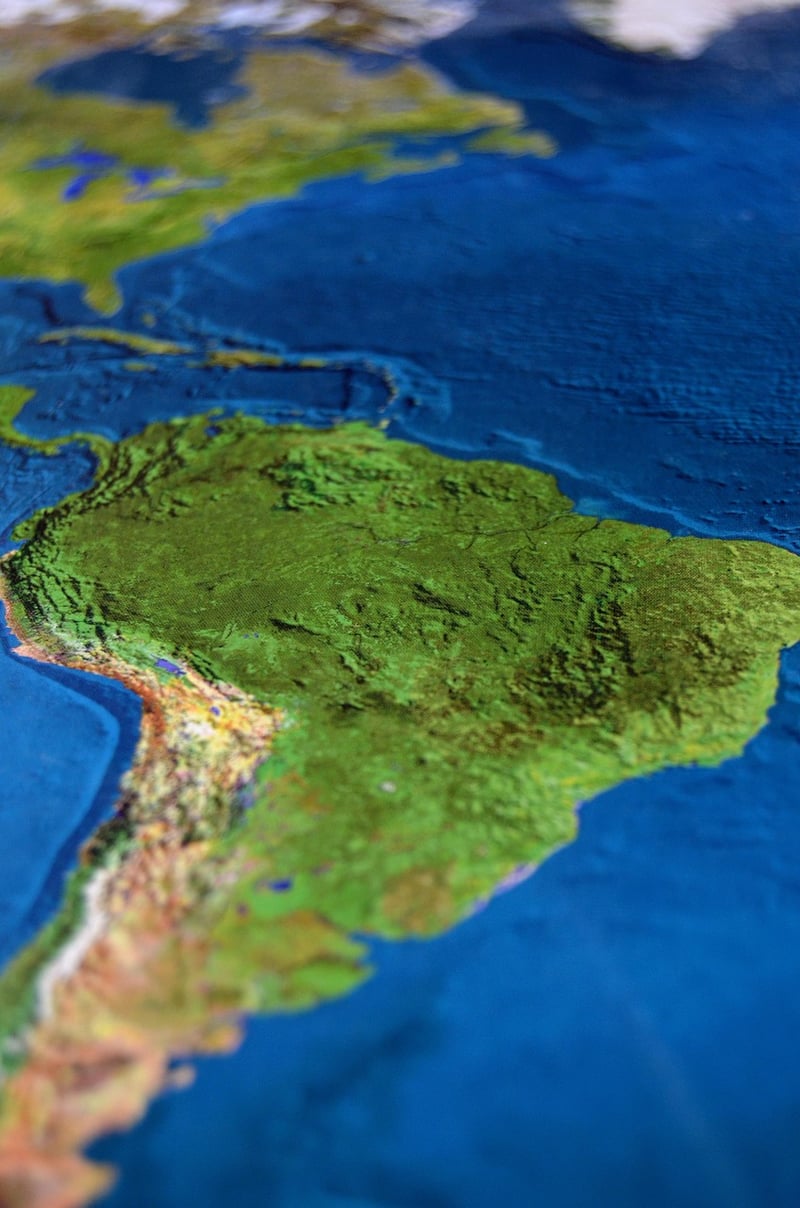
The Industrial Revolution
The Industrial Revolution, starting in the late 18th century, transformed economies and societies through technological advancements in manufacturing and transportation. It led to urbanization, the rise of factories, and improved living standards for many.
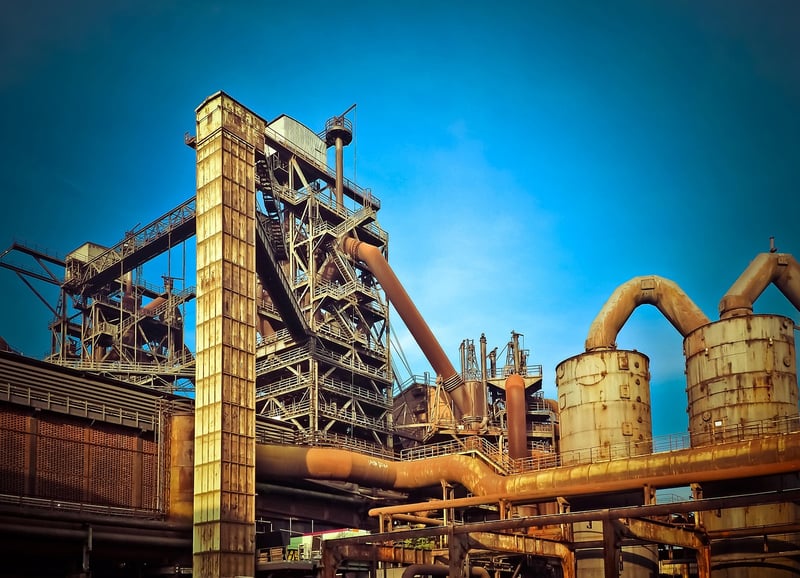
World Wars
The 20th century witnessed two devastating World Wars that reshaped global politics, society, and technology. World War I (1914-1918) and World War II (1939-1945) had far-reaching consequences and left a lasting impact on the world.
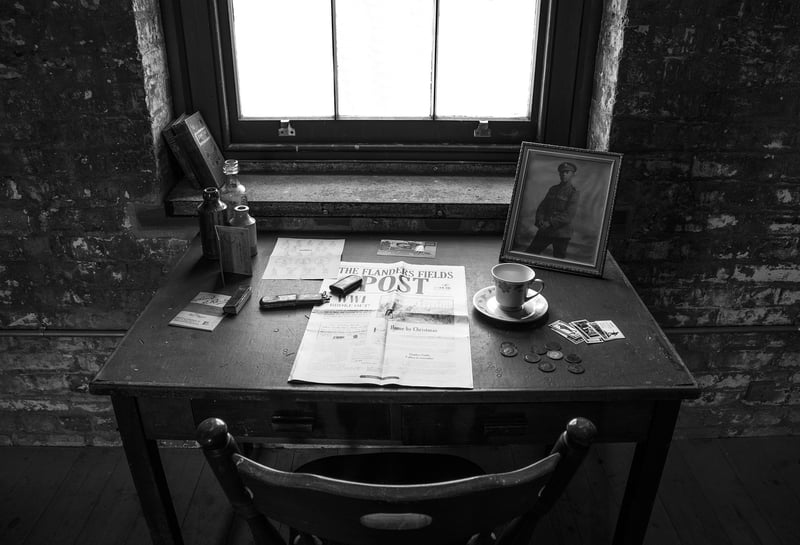
Conclusion
Exploring different time periods and historical events allows us to understand the evolution of human civilization, the impact of key figures and movements, and the lessons learned from the past. Each era contributes to shaping the world we live in today and provides valuable insights for the future.
